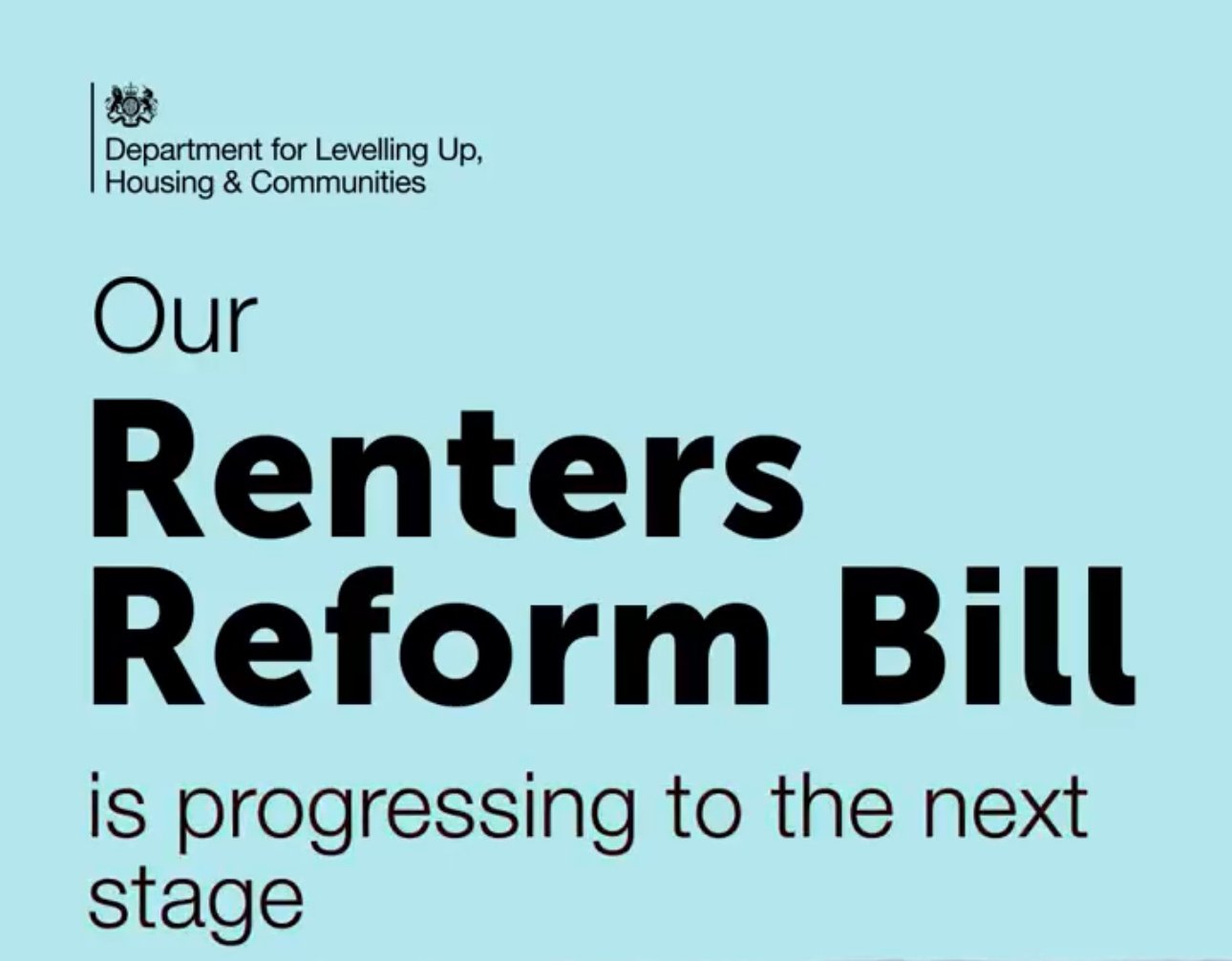
NIMBYISM :- Understanding the Not In My Backyard Phenomenon
NIMBY, an acronym for “Not In My Backyard,” encapsulates a complex socio-political phenomenon that permeates various aspects of society, from urban planning to environmental activism. This term, coined in the late 20th century, describes the opposition of residents to the introduction of new developments or initiatives in their vicinity, despite recognising the need for such initiatives on a broader scale. NIMBYISM reflects a tension between individual interests and the collective good, posing significant challenges to policymakers and planners worldwide.
Origins and Evolution
The origins of NIMBYISM can be traced back to the 1950s and 1960s in the United States, during the post-war era of suburbanisation and urban renewal projects. As cities expanded, residents became increasingly vocal in opposing developments that they perceived as detrimental to their quality of life. These could range from infrastructure projects like highways and airports to social services facilities and industrial plants.

HMRC issued over £1.6M in fines to Estate Agents
HMRC has announced (28 March 2024) that 254 estate agency businesses have been fined a total of over £1.6m for failing to register, or re-register with them for Anti Money Laundering (AML). The fines range from £1,500 to over £50,000.
HMRC have published a follow up list outlining where estate agents have received financial penalties for breaches of the legislation. These will include an absence of firm-wide documentation, incomplete or incorrect Customer Due Diligence (CDD) within the required timeframe and a lack of recognition of specific risks such as the value of property, High Risk Jurisdictions, Politically Exposed Persons (PEP’s), Companies, Trusts and Sanctions.

Renters Reform Bill moves to House of Lords
After months of waiting the Renters Reform Bill finally passed its third reading in the House of Commons yesterday, Coverage for the Bill has been widespread in the national press and trade press, some of which has been inaccurately reported.
Abolishing Section 21
This WILL happen. It is a manifesto commitment and the Housing Minister stressed that six months’ notice (a transitionary period) before ending section 21 tenancies to give the sector some time to implement these changes. There is a continued commitment to improving the county court system to adjust to the new possession processes.

Renters Reform Bill moves to next Stage
Renters Reform Bill finally moved to the next stage. After months of waiting, the Bill moves to Report Stage and MPs will have the opportunity to make further amendments.
